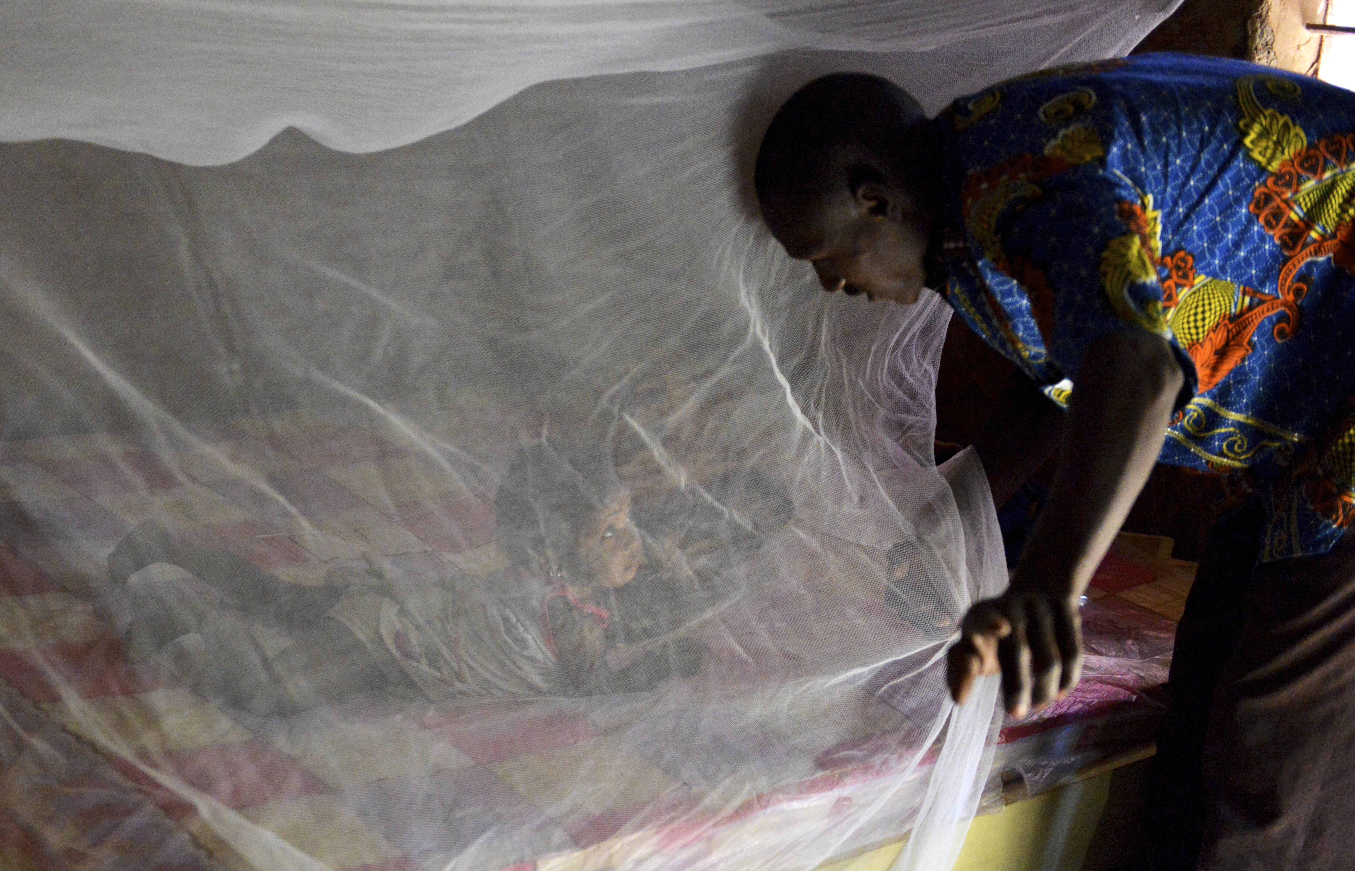
LSTM has been awarded a new US$3.9m grant from the Bill & Melinda Gates Foundation for the ESSENTIALS project. This initiative aims to speed up the evaluation process for new malaria control tools, to ensure they are deployed as early as possible in affected communities.
The project is led by Professors Ranson and McCall at LSTM, in collaboration with Imperial College, and national medical research institutes in Burkina Faso (Centre National de Recherche et de Formation sur le Paludisme, CNRFP) and Tanzania (National Institute for Medical Research, NIMR). The aim is to develop a robust set of entomological indicators that can be used to assess the public health value of new vector control tools, reducing the need for lengthy and expensive randomized controlled trials.
Professor McCall explains that better knowledge of how mosquitoes interact with bednets underpinned this new award: “We now have a much better understanding of how mosquitoes respond to insecticide treated bednets, and how this in turn impacts their ability to transmit malaria parasites. This has enabled us to develop a series of simple bench top assays that we can use to measure the performance of new bednets against different mosquito populations. By working with mathematical modelers, we can convert these entomological outcomes into predictions of the impact of new tools on malaria transmission.”
After more than a decade of success in reducing malaria across Africa, primarily through methods targeting the mosquito vector, progress has stalled. Bed nets treated with different insecticides are needed to overcome resistance to the single class of insecticides, pyrethroids, that have been used for over 20 years in bed nets. While these so-called ‘Next Generation’ bednets are becoming available, they are more expensive than the original nets, raising numerous questions about their effectiveness and where and when they should be used, and delaying their deployment in communities that need them.
The ESSENTIALS (Essential Entomological Indicators for Assessment of LLINs) project will be conducted in the same sites as key clinical trials, or large-scale pilot deployments of Next Generation bednets, now getting underway across Africa, enabling results from our modelling predictions to be compared with epidemiological data from those trials or programmes.
Professor Ranson explains that this provides an ideal opportunity to address the critical questions of whether entomological endpoints can predict the clinical efficacy of new malaria control tools: ‘This is a very hot topic today; countries experiencing a rebound in malaria are eager to adopt new tools but of course they also want to be certain that these will be effective in the particular transmission settings in their country. We are hopeful that the outcome of this project will be a robust, but much quicker, approach to assessing when and where to use which malaria control tool to have the maximum impact in reducing transmission”.